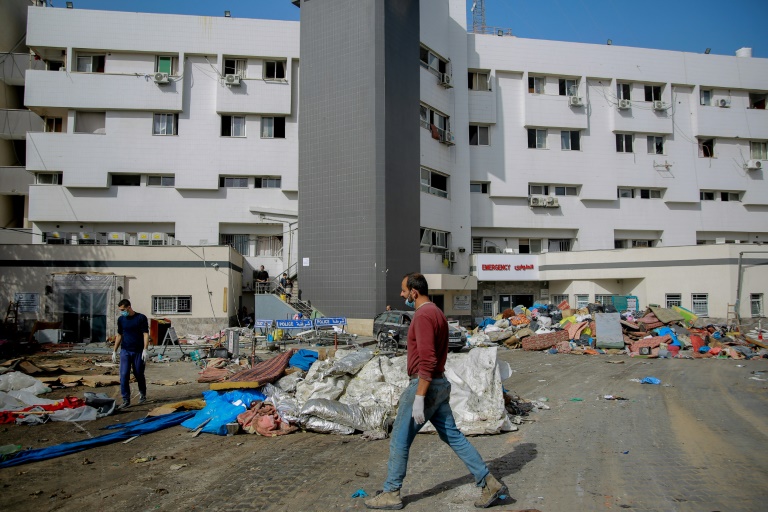Bengaluru:
Work from home to using toilets in malls, residents of India’s ‘Silicon Valley’ Bengaluru are exploring all options to combat the unprecedented water crisis. People across various neighbourhoods have been forced to order food from restaurants and take bath on alternate days due to the water scarcity.
Even those in high-rise apartments equipped with water harvesting systems now find themselves reliant on water tankers for basic needs, leading to stringent usage restrictions.
Eateries are mulling over use of disposable cups, glasses and plates to avoid excess use of water.

Educational institutions are also feeling the pinch. Recently, a coaching centre in the city asked its students to attend classes online due to an ’emergency’ for a week. Similarly, a school on Bannerghatta Road was also closed, asking students to attend classes online just like they did during the Covid pandemic.
Residents have come with up new methods to try and conserve water. With temperature rising, it is difficult to avoid a daily shower but they are left with no option but to take bath on alternative days, said Sujatha, a resident of KR Puram.
“What to do? Clean vessels, cook food, wash clothes….so, we have started using paper plates, that way we have cut down on our water usage. And we order food twice a week. We are using the washing machine only once in a week now,” she said.
Some others have resorted to visiting a mall to take a shower or use the toilet facilities.

Lakshmi V, an IT professional living in Singasandra, has been requesting her firm to allow WFH option so that she and her family can temporarily shift to her native place in Tiruchirapalli in Tamil Nadu until the situation becomes better.
“If the situation persists, we are thinking of seeking a work from home option. We are planning to move to our native place in Tamil Nadu temporarily till rain arrives here,” she said.
Bengaluru primarily gets its water supply from two sources – Cauvery river and groundwater. For most non-drinking uses, recycled water processed by sewage treatment plants is used. With no rain for a while now, the primary sources have been stretched to their limits. Bengaluru needs 2,600-2,800 million litres of water daily, and the current supply is half of what’s required. The result is a daily struggle for the city’s residents.

The brunt is also being borne by people living in the outskirts of Bengaluru, especially in 110 villages that were merged with the city in 2007.
The crisis has also turned into a political battle between the state’s ruling Congress government and the opposition BJP with Lok Sabha just weeks away. While the BJP has held several protests blaming the government, the Congress has accused the BJP-ruled federal government of not providing financial assistance to drought-hit Karnataka.







